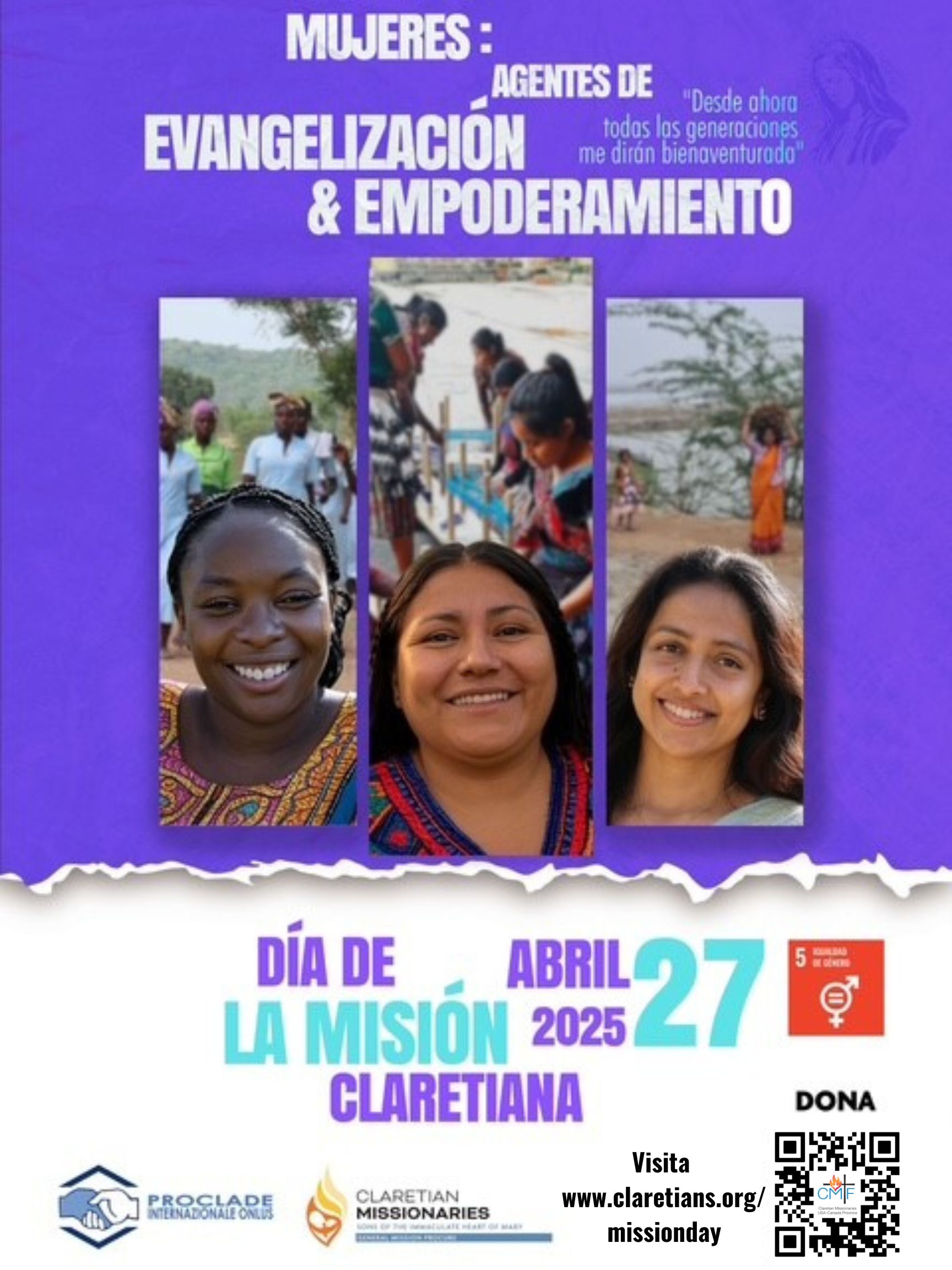With civil unions taking effect today in Illinois, the $30 million in state-funded adoption money Catholic Charities in the state receives is on the line. The diocese of Rockford in northwest Illinois has already withdrawn from adoption and foster care services, forfeiting $7.5 million in state contracts, laying off 58 employees, and releasing 350 children into the state system. Catholic Charities in other dioceses, notably here in the archdiocese of Chicago, have yet to make a decision.
In my own opinion–and I am speaking only for myself–I think it is both possible and preferable that Catholic Charities continue to provide adoption and foster care placements, even though state law now requires them (as part of their state contract) to serve same-gender couples who wish to adopt or foster. Here's why:
1. The decision to place a chlid in foster care or an adoptive home has never been on the basis of religion. Catholic Charities serves people of any religion and no religion at all. Criteria for accepting someone as a foster or adoptive parent are based on psychological and economic evaluations, among others, and their fitness to serve in that capacity is determined by social workers, not priests. There is great evidence that same-gender couples quite successfully raise foster and adoptive children by those measures. Further, there is no evidence whatsoever that children placed with same-gender couples are in any way less successful than children placed in other homes. Further, there is great need for foster and adoptive parents, and great numbers of children to serve.
2. Catholic Charities is known and respected for the work that it does on behalf of all people, regardless of religion or sexual orientation or race or country of origin. It is not, or at least has not been, a sectarian enterprise, only a charitable enterprise supported by the local diocese. As many have put it: Catholic Charities serves people because it is a Catholic agency, not because the people it serves are Catholic–both the children and the adoptive and foster parents. I fear that reputation of universal service has already been tarnished. I would rather have Catholic Charities serve and place children in good homes, including those of same-gender couples, than to have them withdraw completely from this important work. Seriously, that would mean that Catholic Charities would stop caring for "orphans," one of the biblical categories of those in need that the Hebrew prophets are constantly calling us to serve.
3. Catholic Charities has a duty to its employees who work in this area. It isn't the employees' fault that the state legislature has determined that justice requires that same-gender couples should have access to legal recognition for their families. It seems to me an injustice that the Rockford diocese laid off 58 employees to make a point about church teaching.
Of course, Catholic Charities could withdraw from its state contracts because it will be required to serve same-gender couples, but I for one would see that as a diminishment of our charitable work as Catholics. I hope they can find another way.








